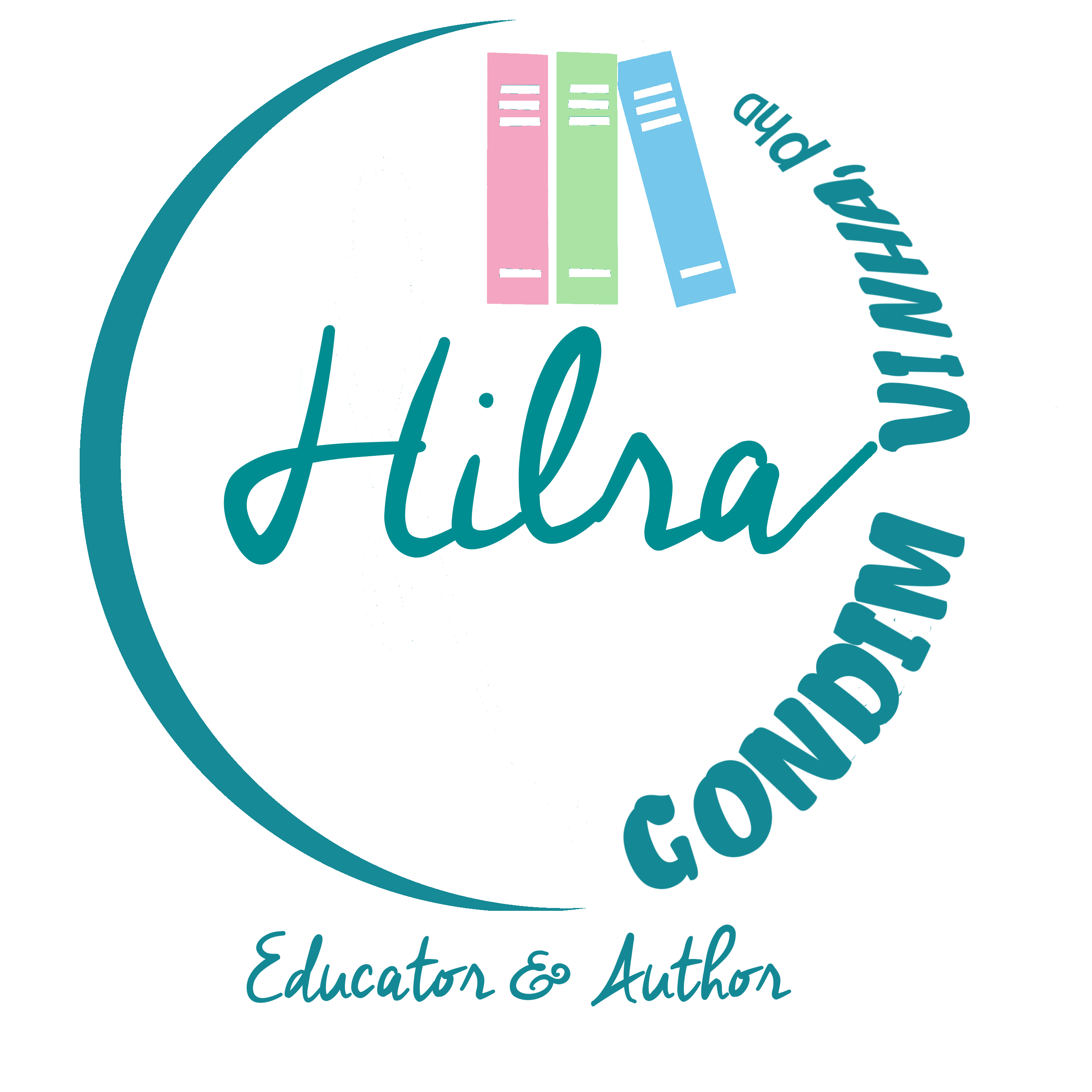[Tuesday 1st May]
Research, Science and Positivism.
• What do we mean by ‘objective knowledge’
• What stance does positivism adopt to the subject/object problem in research?
• How are these issues reflected in past and present educational research?
• What is a ‘theory’ and what is it to be ‘theoretical’?
• What is the status of different sorts of theory?
• What is the difference between a hypothesis and a theory?
• What is my position with regard to these issues and how might it affect my choice of methodology?
The second session focuses on positivism, objective knowledge and the work of Karl Popper. We shall situate this tradition within the Philosophical field by considering a range of philosophical terms and the ‘triangle of practice’ presented last week. What is a scientific theory and how does this definition help us within our own research? We shall look at examples of different types of theory and examine their essential nature. A small practical exercise will involve a set of statistics about which we shall be invited to provide objective conclusions. We shall begin to address the place of language in theorising. Finally, we shall develop some theories about classroom practice and consider how these might be tested.
Practical Tasks:
• Find some objective ‘facts’ about a setting you know?
• How important are they to know?
• How important is this information?
Background Readings:
Anderson, R J, Hughes, J A, Sharrock, W W (1986) Philosophy and the Human Sciences. London: Routledge. Chapter 10.
Hammersley, M (Ed.) Educational Research. London: Paul Chapman. Part 2
Phillips, D.C. (1987) Philosophy, Science and Social Inquiry. Oxford: Pergamon. Chapters 1 – 4 and 8.
Carr, W. and Kemmis, S. (1986) Becoming Critical: Education, Knowledge and Action Research. Chapter 2. Lewes: Falmer Press.
Walsh, P. (1993) Education and Meaning: Philosophy in Practice. London: Cassell. Chapter 5 and 6.
Magee, B (1985) Popper. London: Fontana.
[NOTES]
Thinking abot last week session:
-
Becoming critical
-
you never regain your innocence
-
Knowledge comes in different forms
-
Create a claim that is plausible, convincing
-
you need to know the natre of your statements
This week:
-
Paradigm is a way of thinking, and has a common vocabulary, it tells what is your field, it determines your mode, the methods you use etc.
-
Something that is paradigmatically immature has not its voabulary well developed yet.
Exercise 1 (in pairs)
- Give definitions of philosophical terms: (subjective – empiricism – ontology – dialetics – nomothetic – structuralism – universal – positivism – essentialism – objective – ideal type – hermeneutics – realism – metaphysics – idealism – existentialism – value judgement – teleology)
* Note: the underlined terms are those I didn’t know well and/or I need more clarification.
Exercise 2
-
Create a theory
-
Describe the characteristics of a theory
-
Share with your partner
Characteristics of theory
-
evidenceable
-
causality
-
correlation (diff to causality)
-
communicability
-
falsability
-
feasibility
-
generalisability
-
usefulness
* Note: read about falsability
LAST SESSION UPDATE:
